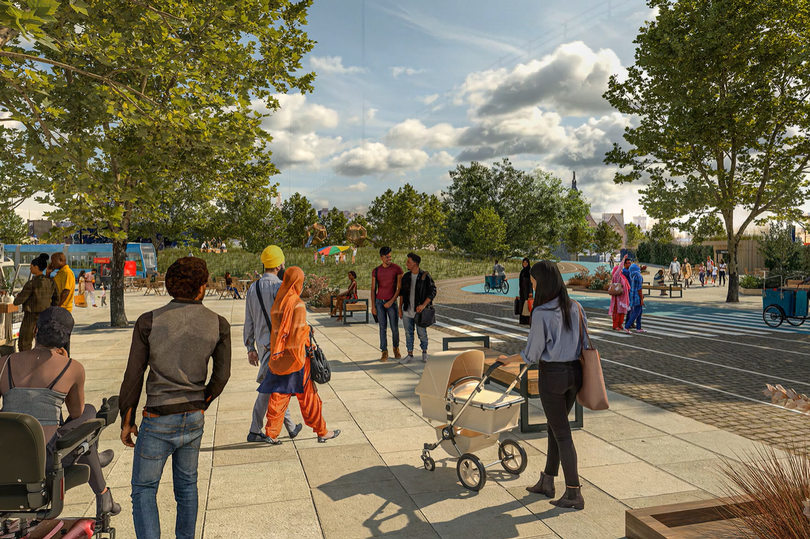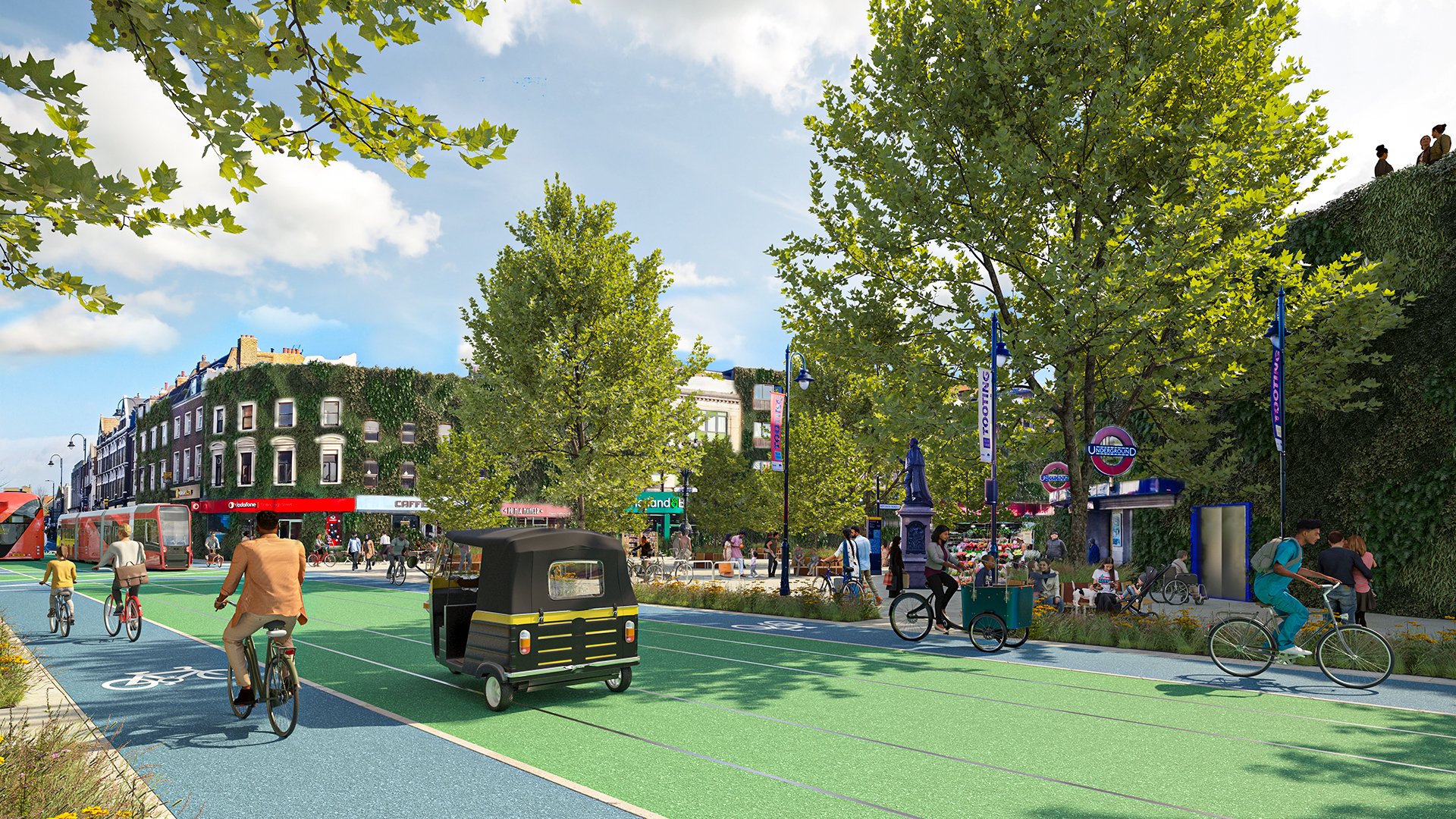Car Free Visions
Our cities are dominated by cars which cause grime, pollution, and congestion that affects us all, but older people, disabled people, children, and communities where people of colour, and poorer people live are hit the hardest.
But we know it doesn’t have to be like this. That’s why we spoke to experts and worked with 40 local residents in cities across the country to develop new visions of communities free from car dominance.
Check out our visions and help us to make them a reality where you live.
Research: How can we ensure our cities look, feel and operate equitably in a post-car dependent age?
We worked with Fare City to interview 28 experts - politicians, practitioners, campaigners, and academics - across Birmingham, Bristol, Leeds and London to work out how can we ensure our cities look, feel and operate equitably in a post-car dependent age?
What did we find?
Car dependency is highly embedded within our culture and city authorities are complicit in facilitating this dependency (e.g. through the disproportionate allocation and pricing of road space in favour of private cars over other modes). Cities should aspire to break this cycle of dependence and showcase alternative visions for how space could be used.
The inconsistent physical and digital integration of sustainable transport results in poor value for money for current and potential users. As it stands, public transport and even cycling may not provide adequate travel options for those living in areas of poor connectivity, or with unusual or irregular work or social patterns.
Public awareness and support for car free measures is essential and would be aided by establishing a baseline of knowledge among all stakeholders. Currently, consultation processes are too fragmented, too exclusive, and do not provide enough opportunities or incentive for stakeholders to meaningfully engage with issues.
City authorities may typically resist setting shorter-term targets and agreed deliverables for policies and programmes. This reluctance may stem from variable resourcing (including time and funding), the fear of failure, or the risk of losing political support/consensus.
Transitioning towards a car free future should serve to both recognise and enhance the existing identities of cities.
City authorities must work harder to empower, include and motivate marginalised people to take an active part in their city’s future. Ensuring people have a sense of having a stake in their cities should be a key feature in employment and engagement with city authorities.
Get involved
Together, we can make our towns and cities cleaner, greener and safer places to live. Join our mailing list to get updates on our campaigns and ways you can get involved.

